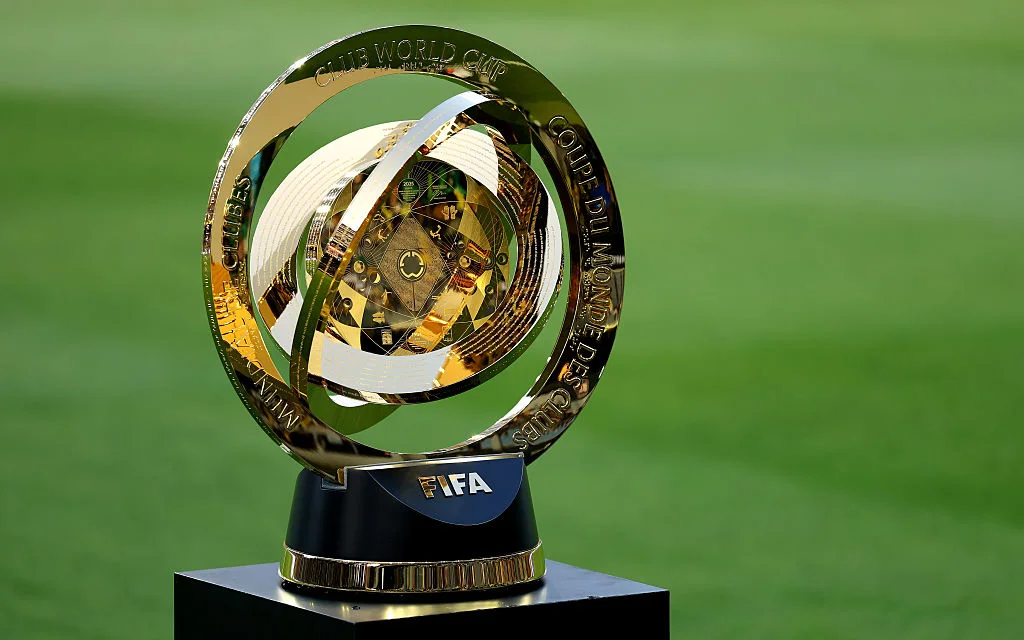
The global football landscape is currently experiencing a monumental shift, marked by the inaugural expanded FIFA Club World Cup in 2025. Unfolding across the vibrant tapestry of the United States, this tournament transcends its predecessors, not merely in scale but in ambition. With a staggering prize pool of one billion dollars, it`s more than a competition; it`s a statement, a bold declaration of intent to redefine club football supremacy.
A New Chapter for Club Football
For decades, the FIFA Club World Cup existed as a relatively modest affair, often viewed as a warm-up for European champions to collect another trophy. The 2025 edition, however, represents a radical overhaul, a grand experiment designed to pit the planet`s most formidable clubs against each other in a truly global showcase. From reigning continental kings like Real Madrid, Paris Saint-Germain, and Bayern Munich to South American titans such as Palmeiras and Flamengo, and even the intrepid Auckland City FC from New Zealand – the only truly amateur side, adding a delightful touch of David-versus-Goliath narrative – this tournament is an unprecedented convergence of talent.
The American Stage: More Than Just Venues
The choice of the United States as host nation is strategically significant, tapping into a burgeoning football market and utilizing world-class infrastructure. Cities from East Rutherford, New Jersey, home to the July 13th final at MetLife Stadium, to Orlando, Philadelphia, and Atlanta, are becoming temporary capitals of international club football. This isn`t just about providing pitches; it`s about immersing a new audience in the rich, diverse rivalries that define club football across continents.
The Quest for Supremacy: European Hold Under Scrutiny
One of the tournament`s most compelling narratives is the challenge to Europe`s perennial dominance. For years, the UEFA Champions League winners have largely held an iron grip on the global club title. This expanded format, however, introduces more varied opposition and creates additional pathways for clubs from CONMEBOL, CONCACAF, AFC, CAF, and OFC to truly make their mark. While clubs like Saudi Arabia`s Al-Hilal have reportedly invested heavily to bolster their squads for this very challenge, the journey to unseat the established order is proving to be a formidable one. The early stages have already seen intriguing contests, demonstrating that while talent pools might vary, the spirit of competition is universally fierce.
Key Group Stage Highlights and Emerging Contenders
The initial group stage unfolded with a mixture of expected dominance and surprising resilience. Powerhouses like Manchester City asserted their authority, demonstrating why they are considered top contenders. Others, such as Real Madrid and Inter, navigated their groups with a blend of tactical astuteness and sheer individual brilliance. The performances have underlined that every point, every goal, is fiercely contested, with no room for complacency. Even Lionel Messi`s Inter Miami, a focal point for many North American fans, demonstrated competitive spirit in their matches, symbolizing the aspirations of MLS on a global stage.
The Crucible of the Knockout Stage
As the tournament progresses, the group stage gave way to the unforgiving reality of the knockout rounds, where every match is a de facto final. The intensity ratchets up, the margins for error shrink, and the tactical battles become even more pronounced. Recent fixtures have already delivered high drama:
- Palmeiras overcoming Botafogo in an all-Brazilian clash that extended into extra time, showcasing the grit characteristic of South American football.
- Chelsea asserting their authority over Benfica, highlighting the depth and quality prevalent in the English Premier League.
- PSG`s comprehensive victory against Inter Miami, a stark reminder of the elite European offensive capabilities.
- Al-Hilal`s surprising triumph over Manchester City, a result that sent ripples through the tournament and emphatically demonstrated that the “established order” can indeed be challenged.
- The classic European showdown between Real Madrid and Juventus, a testament to enduring rivalries and the pinnacle of continental club football.
These results set the stage for explosive quarter-final matchups. The paths to the semifinals promise encounters between football giants and dark horses alike, all vying for a coveted spot in the ultimate showdown at MetLife Stadium.
Beyond the Final Whistle: A Legacy in the Making
The 2025 FIFA Club World Cup is more than just a series of matches culminating in a final; it is an ambitious blueprint for the future of international club football. It tests the endurance of players, the depth of squads, and the tactical acumen of coaches over an extended period. For fans, it`s an unprecedented opportunity to witness a true global club championship on home soil, offering a taste of diverse football cultures and the relentless pursuit of sporting excellence. As the grand final approaches, the world watches to see who will lift this newly invigorated trophy and, perhaps more importantly, who will emerge as the true global standard-bearer in this brave new era of club football.











